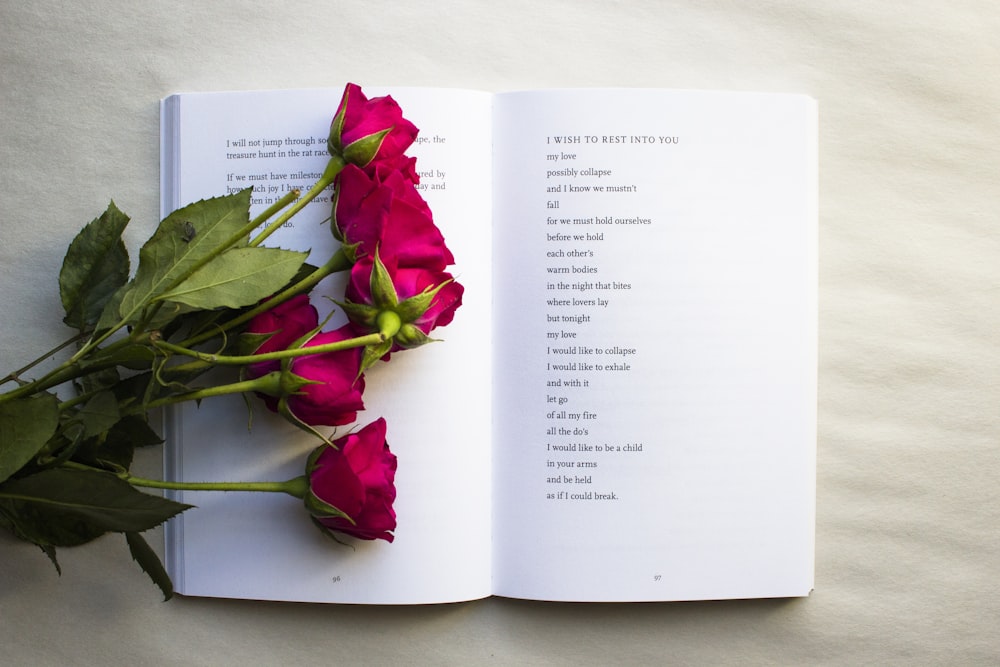
Want to become a writer at Eat My News? Here is an opportunity to join the Board of Young Leaders Program by Eat My News. Click here to know more: bit.ly/boardofyoungleaders
‘A thing of beauty is a joy forever ’_John Keats
This quote belongs to a work by John Keats depicting him as a romantic poet and portraying the topic of human imagery and poetry.
Who Was John Keats:
John Keats was born in London on 31 October 1795 and died at a very young age of twenty-five years. Still, he is able to mark a strong and remarkable impact on the history of English Literature. Along his lifetime, he tries his hands on everything ranging from sonnets, poems, romantic poetry, Miltonic poem, Spenserian sonnets and many more. His artistic works hold a special quality such as wit, irony, romance, nature, energy, beauty, refreshment and everything that other poets aren’t able to portray.
Romanticism and Poetry:
In the Romantic age, people dealt with the poems dealing with human follies, grandeur, sufferings and desires. Now, in this certain age, Keats came up with the new age Romanticism and poetry.
Like all other poets, Keats suffer from lots of disappointments and rejection before getting into fame. Most of the critics declined his works saying them middle-class translations.
Early Life:
In his life, he has seen his parents and a brother die. Then, everlasting poverty kept him away to marry his love. Also, he was able to gain actual appreciation and approval to his works much after his death. Out of all the efforts, these things never came into the path of his everlasting dedication to poetry. Some of the famous poems by Keats is “Fancy”, this poem is inspired by the garden at Wentworth’s place. Also, this poem becomes special when it involves garden in the scenario.
The richness of the language of Keats is signified in this poem in a very classic manner. Moreover, Keats choice of the imagination of nature and garden can also be seen in the poem “To Autumn”.
“Ode on a Grecian Urn”, is a philosophical poem by Keats. This symbolizes tween art of humanity. Also, this poem depicts the truthfulness of mankind. The poem leads us to the way of optimism. Also, in this poem, Keats was beautifully and elegantly preaches to self-love and making human understand own
Work of John Keats:
“To Sleep”, this ode has a much engaging concept of digging human sadness into the sleep and awakening the body. This brings fear of death as Keats compares sleep to death bed. Is this Keats way of calling God pleading for his death or a symbolization of only God controlling humans death and birth.
Keats poem, “To Autumn”, has the most ironic beginning with – “Season of mists and mellow fruitfulness,”. This poem brings the nature and impact of seasons so beautifully that a person could directly connect to nature. Three seasons have marked an impact on readers mind just in three stanzas. Undoubtedly, this poem is one of the most challenging poems to the Keats but Keats have never failed to prove his ability at its best with this poem.
Nature and its connection to human life were never attempted before that too in such limited words. We can see that the poet’s words and their effect leave an everlasting impact that gives instant takeaway and lessons for life.
Concluding to that even Keats is an age-old poet and has written his poets way long, still, those poems are immortal. They never die of the human heart. Not only this but also, any human couldn’t deny the fact that still a connection could be felt in his sonnets and idea. It was Keats ideas and imagination that brought him such huge fame and success. Keats understanding of human nature and behaviour is on common grounds and this brings all of us together with the idea and notions of the poem.
One must not always look into human follies rather introspect and preach self-love, this simple message could be taken out from the entire story of Keats. Nevertheless, Keats never fails to teach us human lessons. Keats has indeed developed long-lasting and everlasting fame in a short career and life. This journey surely teaches us to be spontaneous and do whatever we wish to. Also, human success is not necessarily to be embraced during we are alive but also later after you die, your words remain as constant hope and support for the people.
Conclusion:
Reading the works of Keats is truly a bliss we have got into this era that will always be a heartening experience to the people who are able to read it. I wish everyone would be able to take a glimpse of it or at least the ones struggling with the problems of life as the poem teach us self love and power. These things are the need of the hour in the present situation.
Written By - Srishti Garg
Edited By - Nidhi Verma



.jpeg)





0 Comments